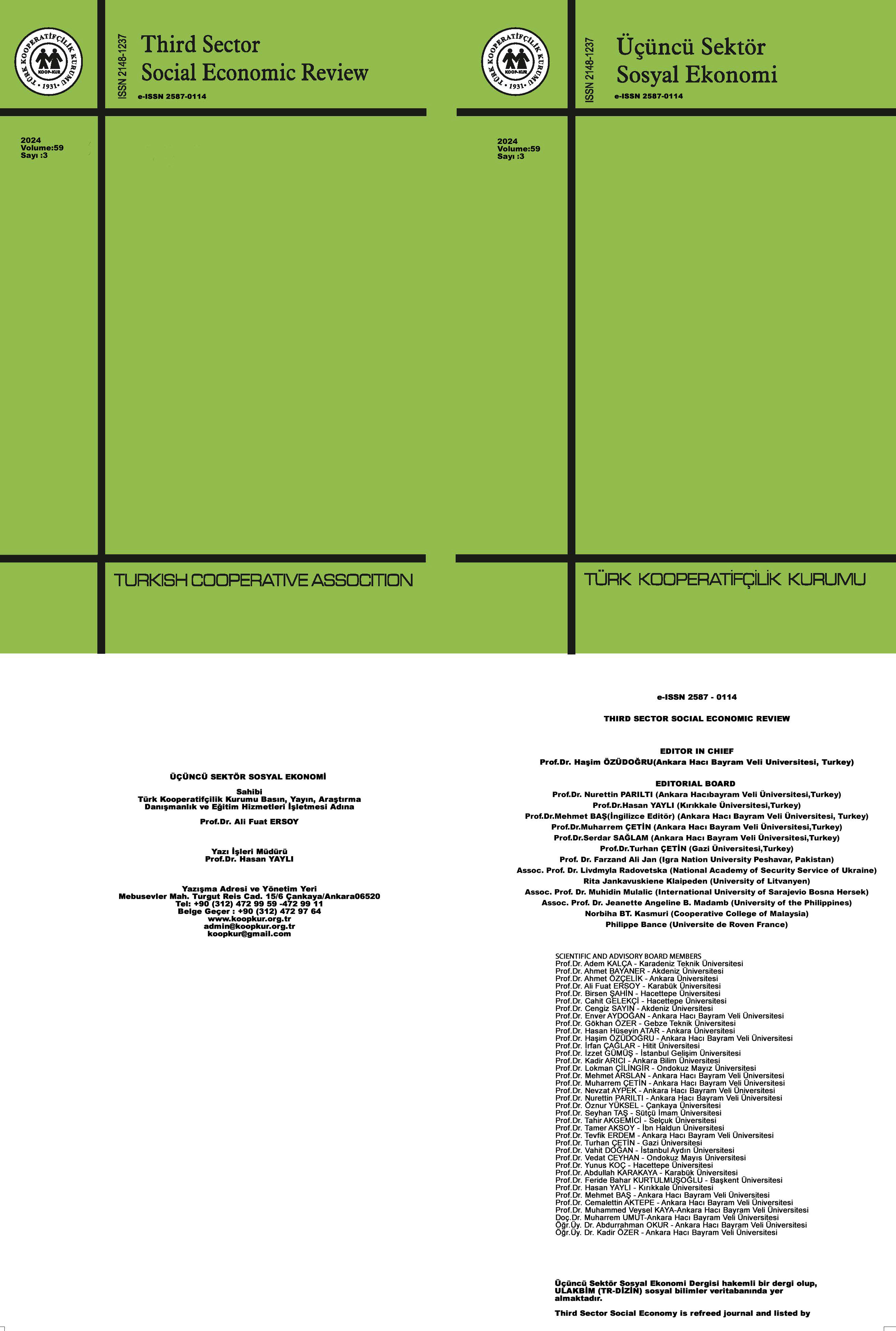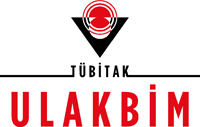Yıl: 2024 Cilt: 59 Sayı: 3 Sayfa: 1281-1300
doi: 10.15659/3.sektor-sosyal-ekonomi.24.08.2431
ÜRETKENLİK KARŞITI İŞ DAVRANIŞLARI KAPSAMINDA İŞ SÖZLEŞMESİNİN FESHİNE YÖNELİK YARGITAY KARARLARI DEĞERLENDİRMESİ
BANU (ÇEKO)ÖZBUCAK ALBAR
Üretkenlik karşıtı iş davranışları (ÜKİD), örgüt çalışanlarının kasten ve isteyerek örgüte maddi ve manevi zarar verici davranışları olarak tanımlanmaktadır. Bu davranışlar örgütün genel iklimini bozan, verimliliğini olumsuz etkileyen, maddi kayıpların yanı sıra örgüt amaçlarına ulaşmayı engelleyici davranışlardır. Rekabetin yoğun olduğu günümüz koşullarında üretkenlik karşıtı iş davranışları, özellikle yöneticilerin önemle üzerinde durduğu konular arasındadır. Bu konuda yapılan araştırma sonuçlarına göre bu davranışlar, örgüt içi psikolojik sözleşme gereği örgütten umduğunu bulamayan çalışanların yönetime karşı geliştirdiği misilleme davranışları olarak değerlendirilmektedir. Çalışan davranışlarının karanlık yüzü olarak bilinen bu davranışlarının uygulama açısından kapsamı geniştir. Sözlü ve fiziksel saldırı, örgüt kurallarına uymama, işe devamsızlık, işi yavaşlatma, hırsızlık, sabotaj, örgütün kaynaklarını ve zamanı kötüye kullanma vb. davranışlardan oluşmaktadır.
Hukuki açıdan çalışanın özen ve sadakat borcunu yerine getirmeme davranışı olarak değerlendirilen üretkenlik karşıtı iş davranışları, tespit edilmesi halinde çalışan açısından önemli hukuki sonuçlar doğurmaktadır. Bu çalışma ile üretkenlik karşıtı iş davranışı sebebiyle iş sözleşmeleri feshedilen çalışanların mevcut durumu, Yargıtay kararları kapsamında incelenmiştir. Çalışmada örnek olay yöntemi kullanılmış olup, 2018 ile 2023 yılları arasındaki üretkenlik karşıtı iş davranışları ile ilişkilendirilmiş Yargıtay kararları değerlendirilmiştir. İncelenen olayların sonuçlarında, sabotaj ve üretimden sapma davranışları geçerli fesih sebebiyken; geri çekilme, hırsızlık ve kötüye kullanma temalı davranışlar haklı fesih sebebi olarak tespit edilmiştir.
Anahtar Kelimeler (Keywords): Üretkenlik Karşıtı İş Davranışları, İş Sözleşmesinin Feshi, Yargıtay Kararları, Kırık Camlar Teorisi
EVALUATION OF THE SUPREME COURT DECISIONS ON TERMINATION OF EMPLOYMENT CONTRACT WITHIN THE SCOPE OF COUNTERPRODUCTİVE WORK BEHAVIOR
Abstract
Counterproductive work behavior (CWB) is defined as the intentional and voluntary behavior of organizational employees that causes material and moral harm to the organization. These behaviors disrupt the general climate of the organization, negatively affect its productivity, and prevent financial losses as well as the achievement of organizational goals. In today's conditions where competition is intense, counterproductive work behaviors are among the issues that managers especially focus on. According to the results of the research conducted on this subject, these behaviors are considered as retaliatory behaviors developed by employees against the management who cannot find what they expect from the organization in accordance with the psychological contract within the organization. These behaviors, known as the dark side of employee behavior, have a wide scope of application. Verbal and physical attack, non-compliance with organizational rules, absenteeism, slowing down work, theft, sabotage, misusing the organization's resources and time, etc. consists of behaviors.
Counterproductive work behavior, which is legally considered as the employee's failure to fulfill his duty of care and loyalty, has significant legal consequences for the employee if detected. In this study, the current situation of employees whose employment contracts were terminated due to counterproductive work behavior was examined within the scope of the Supreme Court decisions. The case study method was used in the study, and the Supreme Court decisions associated with counterproductive work behaviors between 2018 and 2023 were evaluated. As a result of the events examined, sabotage and production deviation behaviors were valid grounds for termination; Behaviors such as withdrawal, theft and abuse have been determined as justified grounds for termination.
Anahtar Kelimeler (Keywords): Counterproductive Work Behaviors, Termination of Employment Contract, Supreme Court Decisions, Broken Windows Theory
Tam Metin 240











